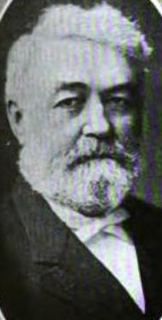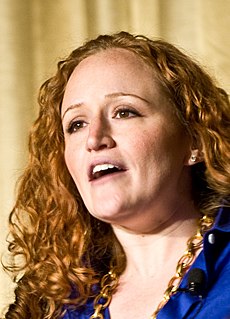A Quote by Thomas Bangalter
Technology is an interesting subject, people thinking: how much good, and how much bad, does it inherently carry?
Quote Topics
Related Quotes
There's a lot of music nowadays with people singing about how amazing their clothes are and how incredible their shoes are and how much jewelry they might be wearing or how much jewelry they want, how much money they have and the club that they're in and the alcohol that they're drinking. I think that's showing off. I don't think it's necessarily all that honest or all that interesting.
How much time have you invested in thinking about strategy? How many options have you considered before the plan was written? How have you ensured that the thinking behind the plan is challenged? How much time do you spend exploring trends, possibilities and cool stuff? How much time is spent playing with ideas, hopes and dreams?
The left wants you to believe that true morality is defined by how much money you give the government, how much money you pay the government, how much money the government gets from you, because only the government does good stuff, only the government does good works, only the government cares about people. It's bogus.
How much courage does it take to fire up your tractor and plow under a crop you spent six or seven years growing? How much courage to go on and do that after you've spent all that time finding out how to prepare the soil and when to plant and how much to water and when to reap? How much to just say, "I have to quit these peas. Peas are no good for me, I better try corn or beans.
How many slams in an old screen door?
Depends how loud you shut it.
How many slices in a bread?
Depends how thin you cut it.
How much good inside a day?
Depends how good you live 'em.
How much love inside a friend?
Depends how much you give 'em.”
? How Many, How Much by Shel Silverstein
“Tell the truth, or someone will tell it for you.
I am always struck by how difficult it is for people to see how much cruelty they are bringing not only upon animals but upon themselves and their loved ones and other people, how much we are screwing up the planet, how much we are hurting our own health, how hard it is to change all that, how eager people are to make a buck at everybody else's expense - all those things are discouraging.
Be undeniably good. When people ask me how do you make it in show business or whatever, what I always tell them & nobody ever takes note of it 'cause it's not the answer they wanted to hear-what they want to hear is here's how you get an agent, here's how you write a script, here's how you do this-but I always say, “Be so good they can't ignore you.” If somebody's thinking, “How can I be really good?” people are going to come to you. It's much easier doing it that way than going to cocktail parties.
I think you reveal yourself by what you choose to photograph, but I prefer photographs that tell more about the subject. There's nothing much interesting to tell about me; what's interesting is the person I'm photographing, and that's what I try to show. [...] I think each photographer has a point of view and a way of looking at the world... that has to do with your subject matter and how you choose to present it. What's interesting is letting people tell you about themselves in the picture.
We are always taking a hard look at how life was in the past in coming up with interesting subject matter for our various series, and remembering how much I used to want an encyclopedia as a kid made me realize wanting a set is very unlikely for teens today, and that conversation would be interesting.
When you make that transition to being a head coach, there's so much more you have to think of and consider. You're constantly thinking, 'How does this impact our culture? How does this impact us two, three steps down the road?' It's thinking big picture, and all of those things come with time. It's a great challenge.




































